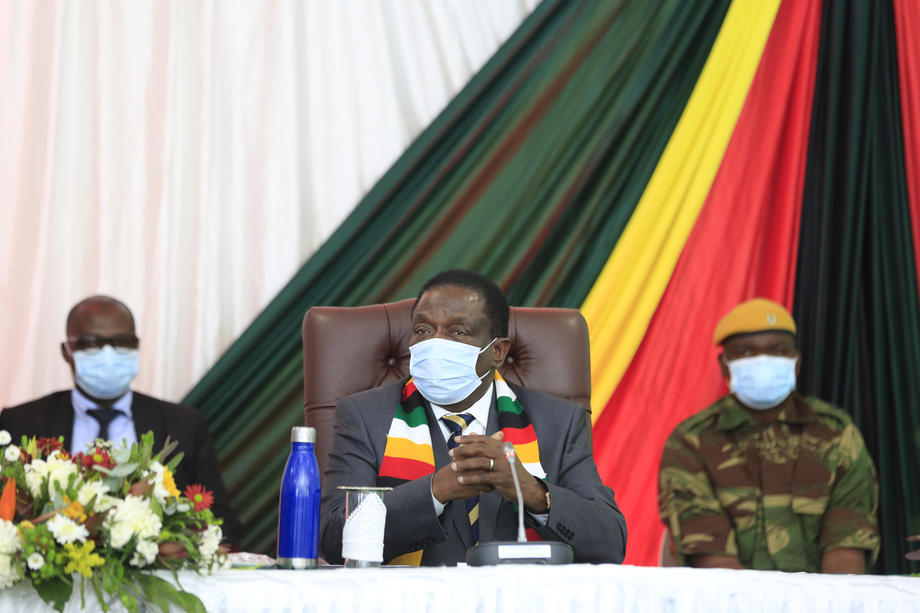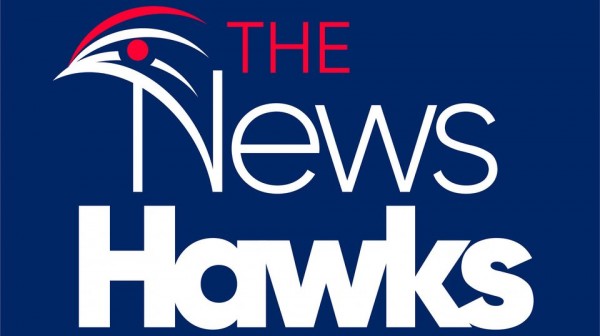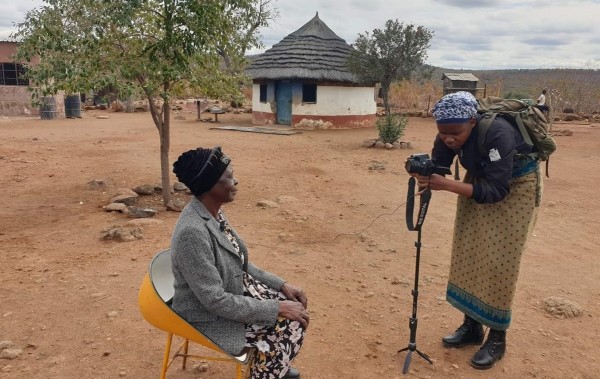On July 30, as Zimbabweans prepared to launch a nation-wide demonstration against government corruption, armed police raided the house of investigative journalist Mduduzi Mathuthu in Bulawayo. As he was not there, police arrested his sister. The warrant issued for Mathuthu’s arrest said that he was wanted in connection with “organising and advocating for illegal demonstrations against the government of Zimbabwe”.
Journalists in the country are being targeted by the government for exposing corruption. On July 20, Hopewell Chin’ono, a prominent journalist, known for his coverage of corruption in the country, was arrested by state security. Chin’ono had recently published a report revealing COVID-19 procurement fraud within the Health Ministry. Health Minister Obadiah Moyo was fired as a result of Chin’ono’s report, which exposed the minister’s involvement in multimillion-dollar deals for essential supplies to fight the coronavirus pandemic. Mathuthu had worked with Chin’ono on the report.
Five hours after his arrest, Chin’ono was charged with “incitement to participate in public violence” and has been denied bail.
Press freedom has rapidly declined in Zimbabwe in recent months. According to the data collected by International Press Institute (IPI), which is monitoring press freedom violations in connection with COVID-19 worldwide, more than a dozen journalists have been arrested in Zimbabwe during the pandemic.
Oppression by the government
In April 2020, the High Court of Zimbabwe urged the police to stop arresting and harassing journalists for doing their jobs during the coronavirus lockdown. Despite this order, many journalists have been charged, arrested and attacked during the coronavirus crisis, making Zimbabwe the biggest press freedom violator in Africa following the outbreak of the COVID-19 pandemic.
“The government has kept a tight leash on information, making it harder for independent journalists to access information”, Nqaba Matshazi, regional campaigns coordinator for the Media Institute of Southern Africa Zimbabwe (MISA), told IPI. “On the other hand, investigative journalism is made harder because the government has put in place regulations that information must come from one source, information from sources other than government can be deemed as fake news, which carries a 20-year jail term.”
In May, Zimbabwean President Emmerson Mnangagwa, imposed an indefinite lockdown curbing and curtailing many freedoms and rights of citizens. The lockdown, however, has resulted in greater restrictions on journalists covering the pandemic. They have become more susceptible to legal harassment and attacks by officials.
“A case in point is that of investigative journalist Hopewell Chin’ono, who is in remand prison after he was arrested for allegedly inciting Zimbabweans to engage in protests”, Kholwani Nyathi, editor at The Standard, Zimbabwe’s leading Sunday paper, said.
Media in financial crisis
The COVID-19 crisis has not just hindered the work of journalists but also posed crucial financial constraints on media organizations.
“The biggest impact of the Covid-19 pandemic on Zimbabwe’s media landscape has been the big loss of income especially for the print media”, Nyathi said. “The lockdown restrictions introduced to slow down the novel coronavirus forced media houses to suspend the printing of newspapers, which meant loss of revenue on a large scandal. Companies also cut their advertising as they cut down on operations. As a result of the economic pressures, some media houses are closing offices outside the capital Harare. Journalists are losing their jobs in numbers never seen before.”
In May, Zimbabwe Minister of Information, Publicity and Broadcasting Services Monica Mutsvangwa recognized the role of media in dissemination of information about the COVID-19 crisis and acknowledged the need to safeguard the future of Zimbabwean media post-COVID.
Rise in self-censorship
In April, MISA Zimbabwe reminded the police that the harassment of journalists during the COVID-19 lockdown is not only violating media freedom in the country but also flouting the government’s directive to allow media to conduct its operation without any hindrance.
MISA Zimbabwe fears that recent arrests of journalists in the country can inculcate an atmosphere of anxiety and self-censorship among journalists which would compromise objective reporting.
“A number of journalists have been arrested by the military and police while doing their jobs and this is meant to intimidate them and cultivate a culture of self-censorship. Indeed, some publications also shy away from covering potentially sensitive stories”, said Nyathi.
Matshazi added: “Arrests are meant to cow journalists and in some cases, these tactics work and this is to the detriment of investigative journalism and every other form of journalism that seeks to hold the authorities to account.”
Limited medical support for journalists
The stringent lockdown in Zimbabwe has hindered the movement of journalists who are reporting on ground. Apart from this, the shortage of personal protective equipment for journalists has made them more susceptible to the virus. Talking about the healthcare support for the journalists, Nyathi said, “Donors gave journalists PPEs and sanitisers in the first days of the pandemic, but the support was once off and did not assist all the deserved journalists.”
While media repression is not new in Zimbabwe, the pandemic has exacerbated its decline the government is using the health crisis as an excuse to silence independent media.



